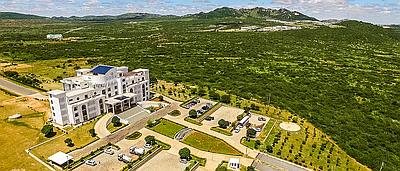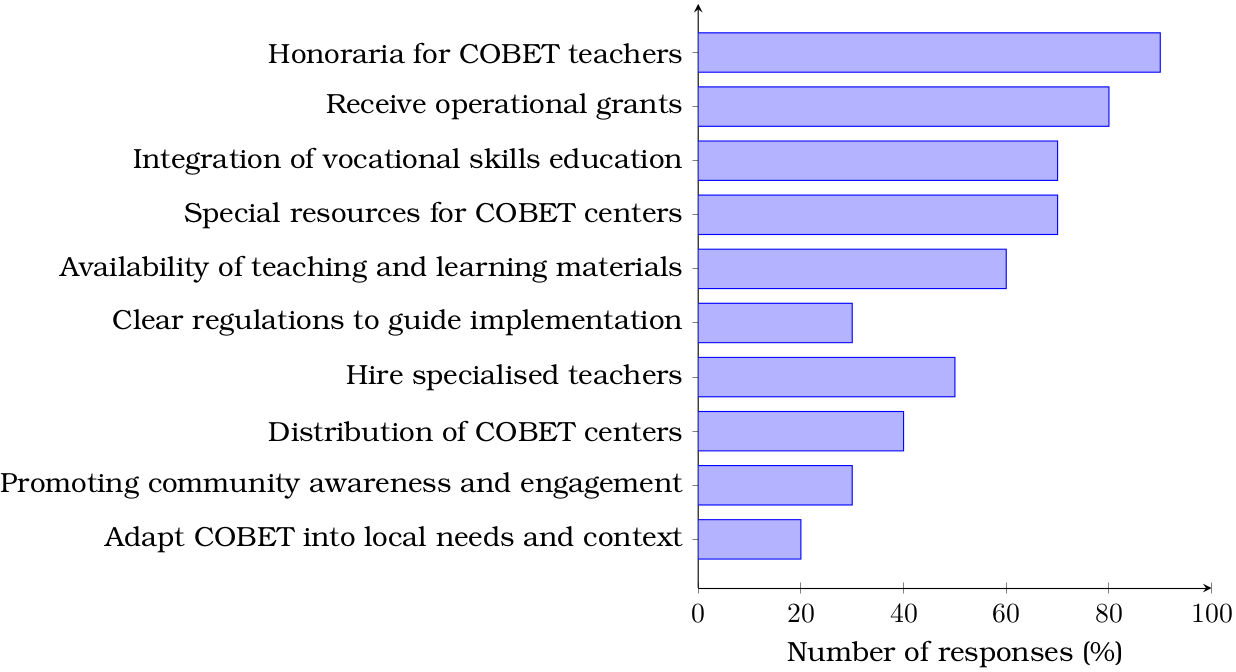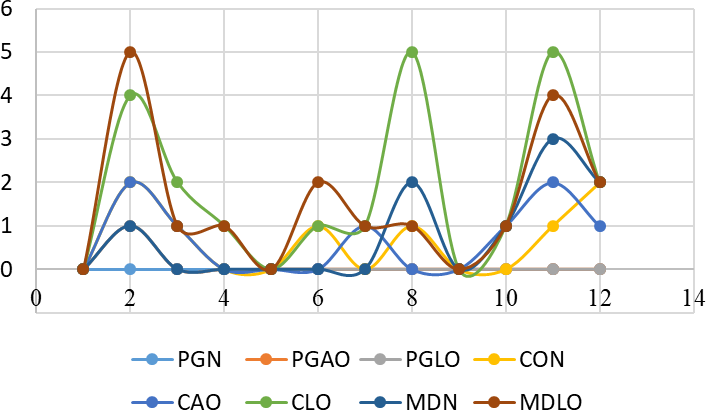ISSN 2708-4612 (online)
Vol. 14 (2026)

- Head teachers' ways used in the implementation of multiple school accountability in managing public primary schools in Tanzania
- Transformational leadership and its influence on pupils' academic achievement in primary schools in Tanzania
- Examine key risk factors undermining teacher resilience in Morogoro Municipality, Tanzania: Implications for support and policy reform
- Teacher's pedagogical competencies on the utilisation of instructional materials for teaching history subject in public secondary schools in Zanzibar: A case of the Pemba North Region
- Reading comprehension difficulties in English language for primary school pupils in Tanzania
- Challenges facing school disciplinary committees in addressing student's sexual harassment in Tanzania
- Strategies for better provision and implementation of pre-primary education in Zanzibar, Tanzania
- Implementing the complementary basic education programme for the purpose of mainstreaming the out-of-school children in Tanzania
- The influence of the socio-demographic factors on curriculum discrepancy for vocational skills training in folk development colleges in Tanzania
- Making the higher education graduates employability real: curriculum analysis of self-employment enterprise skills development
- Assessing the relevance of the undergraduate Computer Science curriculum of Nigerian universities: insights from industry
- Broadcasting technology training and career development: Gaging counselling methods in Nigerian universities
Published:
15-06-2026
-
Transformational leadership and its influence on pupils' academic achievement in primary schools in Tanzania
- Abstract views 497
- PDF views 335
-
Reading comprehension difficulties in English language for primary school pupils in Tanzania
- Abstract views 1059
- PDF views 1049
-
Challenges facing school disciplinary committees in addressing student's sexual harassment in Tanzania
- Abstract views 593
- PDF views 182
-
Strategies for better provision and implementation of pre-primary education in Zanzibar, Tanzania
- Abstract views 274
- PDF views 123
-
Broadcasting technology training and career development: Gaging counselling methods in Nigerian universities
- Abstract views 270
- PDF views 209
















